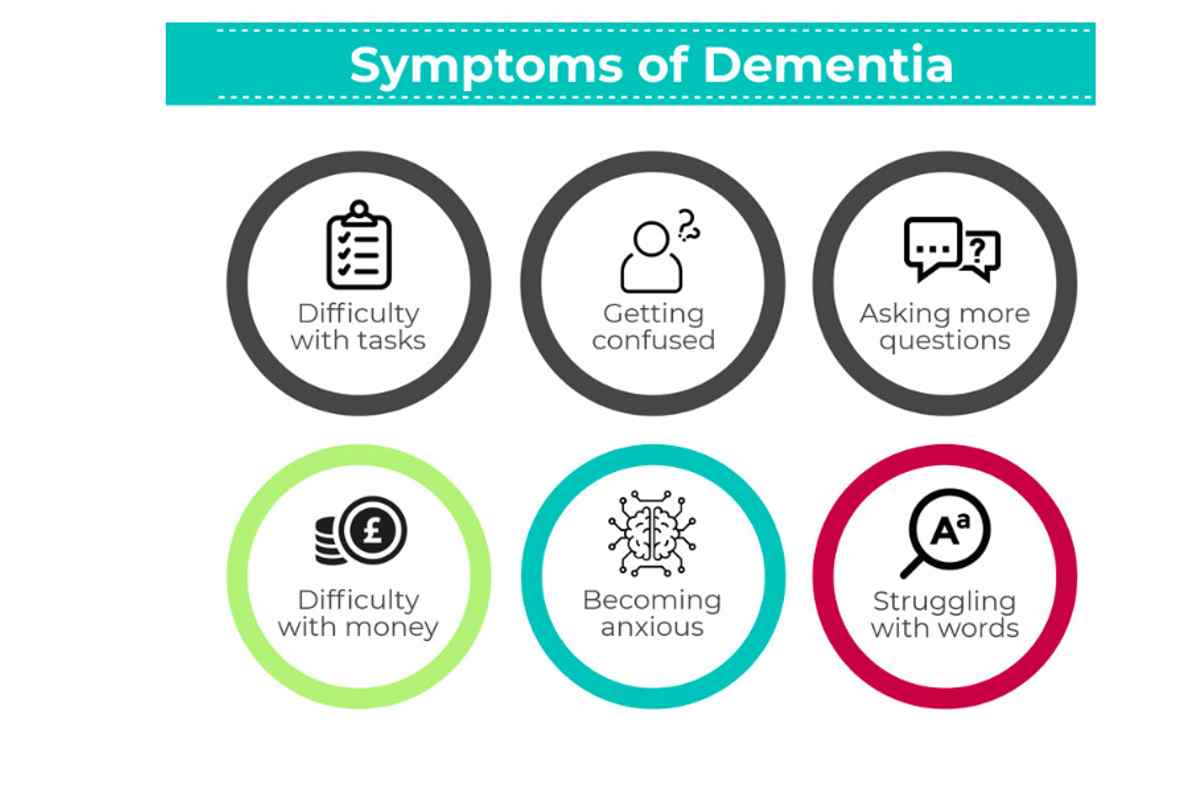Dealing with Dementia

Dementia is becoming an increasingly common health issue, especially among the elderly. Recent statistics (FightDementia.org.au) show us that 280 000 Australians currently have dementia. This is predicted to rise to one million by 2050. According to Dr Robert Stern (AlzheimersReadingRoom.com), dementia and Alzheimer’s disease are often thought to be separate, but they are one and the same. Dementia is in fact a symptom, while Alzheimer’s is the cause.
According to Dr Stern, patients who suffer from Alzheimer’s often present with memory loss and at least one other cognitive impairment, such as language, spatial, judgment, attention or planning problems. It is a devastating brain disease, which always gets progressively worse. There is no cure, and even a 100% diagnosis is only possible after a brain autopsy at death (AlzheimersReadingRoom.com).
Those who care for people with Alzheimer’s usually find it difficult and extremely draining. Here are some suggestions to help get you through it.
Take a step back, and breathe
Alzheimer’s can make people do irrational things, like verbally and physically lash out at their careers. Alzheimers.org.uk suggests that whatever you do, don’t take things personally and don’t argue with the patient. They’re not aware of their actions, as the disease has severely impaired their judgment and reasoning capabilities. It’s also good to remember that their abuse is not directed at you – you just happen to be in the firing line. Often, an Alzheimer’s patient won’t even remember an aggressive outburst a few minutes after the fact! It’s best to try and stay calm, take a breather and perhaps leave the room if things are really bad.
Try to see things through their eyes
This can be hard while they’re having an outburst, but you need to see where they’re coming from. According to neurologist Dr Peter Rabin (AlzheimersReadingRoom.com), you need to remember that the disease causes frustration and anger. Imagine if you had trouble being understood and understanding? Also, an outburst could be the result of a particular trigger, such as physical discomfort, or even the time of day. Dr Rabin suggests that after an outburst, you should always reassess the situation. If you find patterns or triggers for the behavior, they can be avoided or minimized in the future.
Caring for the career
Looking after an Alzheimer’s patient is not for the faint-hearted. It’s challenging, and stressful and it will wear you out. Alzheimers.org.uk suggests that if you feel overwhelmed, you should talk to someone, like a fellow career or just a friend. Sometimes, the patients’ outbursts may drive you to the brink and you may react. Don’t feel bad, as you’re only human. Alzheimers.org.uk suggests that you take time out for yourself, as you need to recharge and relax regularly.
Caring for patients with dementia is hard, but if you follow these suggestions, it should ease the burden a little. Even though the patients are often not aware of their surroundings or their actions, you can help ease their confusion and frustration by remaining calm, understanding their anger, and, most importantly, caring for yourself, too.